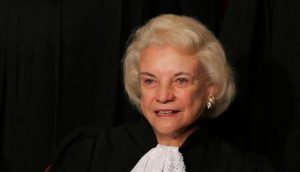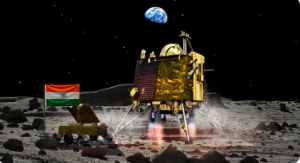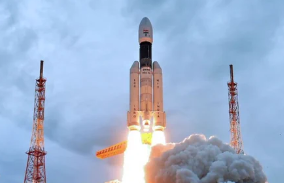The Supreme Court of India on Wednesday will hear a number of appeals contesting the Centre’s decision to demonetise Rs. 500 and Rs. 1,000 notes.
The arguments made in opposition to the Narendra Modi administration’s 2016 decision that these notes are no longer legal money will be heard by a five-judge Constitution panel, led by Justice Abdul Nazeer.
Also read: Sena vs Sena: What happens if Maharashtra CM Eknath Shinde is disqualified?
The Prime Minister announced that high-denomination notes of Rs. 500 and Rs. 1000 will no longer be legal cash as of midnight in a televised speech to the nation on November 8, 2016. He said that the central government has launched a “decisive war” against corruption and illicit financial transactions.
Long-lasting cash shortages that occurred in the weeks after the announcement of demonetisation caused severe economic upheaval. Long lines of people had to stand in order to exchange their banknotes, and the frenzied exchange of currency was blamed for a number of fatalities.
Also read: Indian PM Narendra Modi pays floral tribute at Shinzo Abe’s funeral: Watch
Approximately 99.3% of the demonetized banknotes, or 15.3 trillion rupees (15.30 lakh crore), were deposited in the banking system, according to a Reserve Bank of India report from 2018, which prompted analysts to conclude that the endeavour to eradicate black money from the economy had failed.
On the day following the announcement, the BSE SENSEX and NIFTY 50 stock indices both decreased by more than 6%. The action decreased the nation’s industrial output and GDP growth rate. 1.5 million jobs are thought to have been lost. Additionally, the shift resulted in a notable rise in digital and cashless transactions across the nation.
Also read: Closing Bell: Sensex falls 37 points, Nifty down 8 points
Initially, a number of bankers and some international commentators supported the action. The action was criticised for being unjust and ill-thought out, and it was met with protests, legal action, and strikes against the government in several locations across India. The decision was also the subject of discussions in both houses of Parliament.







